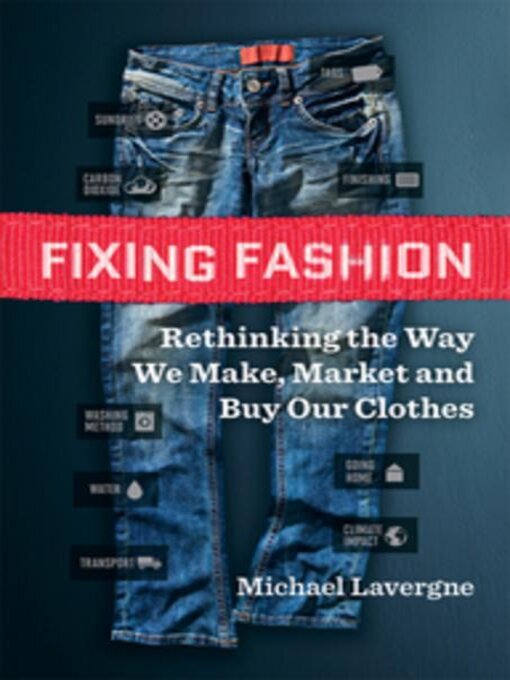Is global fashion a wolf in sheep's clothing? An industry insider takes a hard look at the apparel trade.
With sales of more than five hundred billion US dollars a year, the fashion industry is one of the most important sectors of the global economy, employing millions of men, women, and often children in the developing world. And yet its record is far from pretty. The collapse of Bangladesh's Rana Plaza with some thirty-five hundred desperately underpaid garment workers inside was a shocking example of what can go wrong when manufacturers ruthlessly cut costs while turning a blind eye to labor rights and workplace safety.
Written by an apparel industry insider, Fixing Fashion argues that the true legacy of Rana Plaza is increased awareness of how cheap, disposable clothing has led time and time again to serious community, environmental, and labor rights abuses. Ethical supply chain professional Michael Lavergne explores:
By taking a hard look at the very real impacts of our consumer culture's addiction to disposable fashion, Fixing Fashion challenges each of us to take full responsibility for understanding the hidden cost of our clothes.
Michael Lavergne is an ethical supply chain professional committed to sustainable fashion industry and the protection of labor, environmental and human rights in the developing world.
